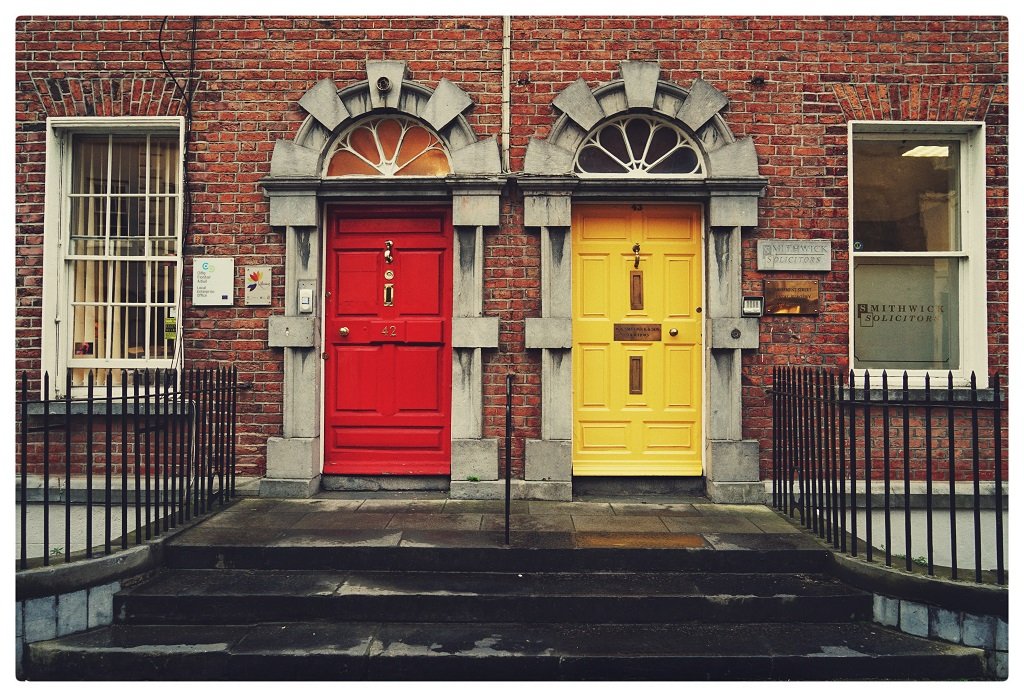How to stop feeling ashamed of the choices you've made
Photo by Robert Anasch on Unsplash
There's a school of thought that loves to berate us for the choices we've made. Your life is the sum of your choices, it reminds us, with the wag of a self-righteous finger.
The problem with this viewpoint is that, though we have free will, choices aren't always freely made. Sometimes they're a matter of survival, or doing the best we can with the information we have at the time.
When are choices not really choices?
1. Childhood trauma
Those of us raised with emotional or physical abuse or neglect, have our brains rewired in ways that make them work against us. We learned to base our decisions on survival rather than what might be best for us.
If our needs went unmet in childhood, we felt unsafe and alone. We began to operate out of a fight or flight mentality, making decisions we perceived would keep us out of immediate danger.
Our brains worked overtime to protect us from harm. But, our coping mechanisms became maladaptive and hurt us rather than helping us in the long run.
As an example, my grade school teacher selected a few students to represent our region in a public speaking competition. To her obvious surprise, I declined the invitation because it was scary and uncomfortable.
Without praise or encouragement at home or the feeling that anyone was on my side, I avoided facing the challenges that help you advance in life and career.
Such self-sabotage looks like a choice. But, without familial supports in place to teach me to take risks that lead to personal growth, I protected myself the only way I knew how. That meant staying small and invisible and keeping my talents under wraps.
2. Cultural norms alter choices
Nowadays, depending where you live, having children is considered a choice. Especially in urban areas, no one will judge you if you decide not to become a mother. The choice whether or not to have children is carefully weighed against many other lifestyle factors.
But in previous generations, parenthood felt inevitable. Not wanting children made you a curiosity at best and a social pariah at worst.
Having children was in the natural order of things. Many of us never considered whether we wanted them or not. It's simply what you did.
This has led to a recent phenomenon of mothers confessing they regret making the "choice" to have children. Likely, these women never felt as though they had exercised a choice, but a social obligation.
Cultural norms also influence the types of careers we pursue. Many creative types settle for 9 to 5 jobs that suck their souls.
The cost of going against the grain feels too high. Sure, this is a "choice" but one made under duress due to fear of rejection and social exclusion.
3. Socio-economic status
Like many people, I grew up poor, with money a constant concern. The first in my family to attend university, I noticed the kids from wealthier families never worried about money.
They had internalized the reverse of the poor family's mantra "money doesn't grow on trees". From what I could tell, they seemed to believe it did!
This lack of concern over where their next meal came from, or how they would pay rent, gave them freedom to choose vocations according to their desires and long-term ambitions. Not what would pay the house and grocery bills today.
My need to find gainful employment that would take care of my financial needs right now eliminated my freedom of choice. Those unpaid internships that lead to lucrative future positions were not a feasible choice for kids like me.
In addition to financial constraints, there's the residue from #1 on our list. Adverse childhood experiences leave us feeling like we only have ourselves to lean on. Taking a job might not feel like a choice, but a desperate way to avoid perishing.
Final thoughts
So, there you have it. Three major ways our choices are out of our hands. The next time you hear someone say we only have ourselves to blame for the choices we've made, remember these.
Forgive yourself for doing the best you could with the information and circumstances you had. Thank yourself for protecting you the only way you knew how.
You may have survived some impossible circumstances and you're still here. You deserve credit for that.
Now that you know better you'll make more conscious choices. And the quality of your life will rise in accordance with them.
What would you add to this list?


